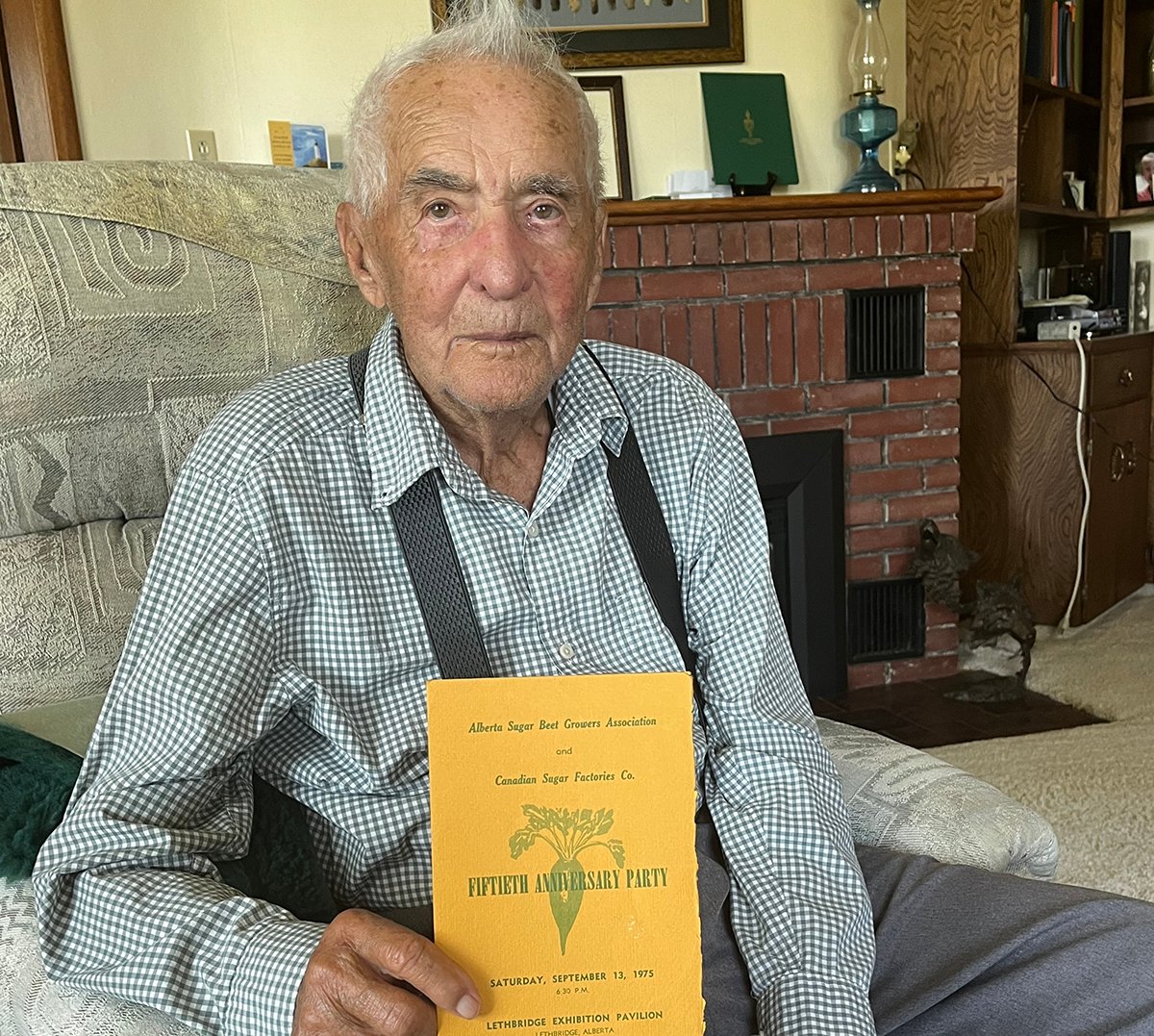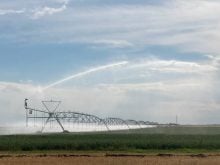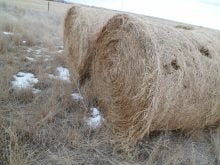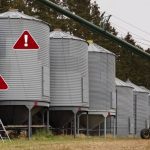SASKATOON – Neither horse dentists nor the Manitoba veterinary association is satisfied with a court-imposed fine against a Winnipeg man who practised equine dentistry.
Guy Kling was fined $103 for unlawfully practising veterinary medicine while not a registered member of the Manitoba Veterinary Medical Association.
Kling said he was disappointed to be found guilty, but said the small fine sent an important message.
“I think it was a message to the veterinary association that if you can’t provide a service I don’t think you have reason to complain about somebody else that is providing it to help animals and to help people,” he said.
Read Also

Rich life took him from sky to ground
World War II veteran Burns Wood shares some memories of his time on the Alberta Sugar Beet Growers board as the organization celebrates its 100th anniversary in 2025.
Ronald Metz, president of the veterinary association, said his organization is mainly concerned with Kling’s use of narcotics to sedate the animals. The association thinks he has not been properly trained.
“It’s sad that the welfare of animals (amounted to) a $103 fine,” he said.
During the trial, Kling said he produced a letter for the courts written by Allan Preston, chief field veterinarian for Manitoba Agriculture. It stated Kling asked the horse owner to administer the sedative.
“Guy indicated to the client that the Veterinary Medical Act prohibited him from administering the sedative to the horse. He showed her where, and how, to give the sedative by intravenous injection,” wrote Preston.
But Metz argued that is not enough and if something were to go wrong, Kling wouldn’t know what to do. He said Kling could only continue the work if he practised dentistry under the direct supervision of a veterinarian.
Kling received a certificate from Worldwide Equine Inc. formerly of Nebraska. As well, he has returned for additional training three times for a total of 16 weeks.
He’s been working on horse teeth for about three years and charges clients about $100-$200 per visit, depending on the problem.
Manitoba veterinarians also study equine dentistry at veterinarian school and workshops, but veterinarian visits to farmyards normally cost about $80 per hour.
In a separate case last year, the Alberta Veterinary Medical Association squared off against Todd Williams, a master equine dentist according to the training standards of the World Wide Association of Equine Dentistry.
“They have no credibility with the AVMA or with the American Veterinary Medical Association which has 56,000 members,” said veterinarian association registrar Malcolm Gray.
Despite his loss in the Manitoba case, Kling said the decision will not stop him from answering calls.
“I don’t think I’d say no, I’m out there to help animals.”














